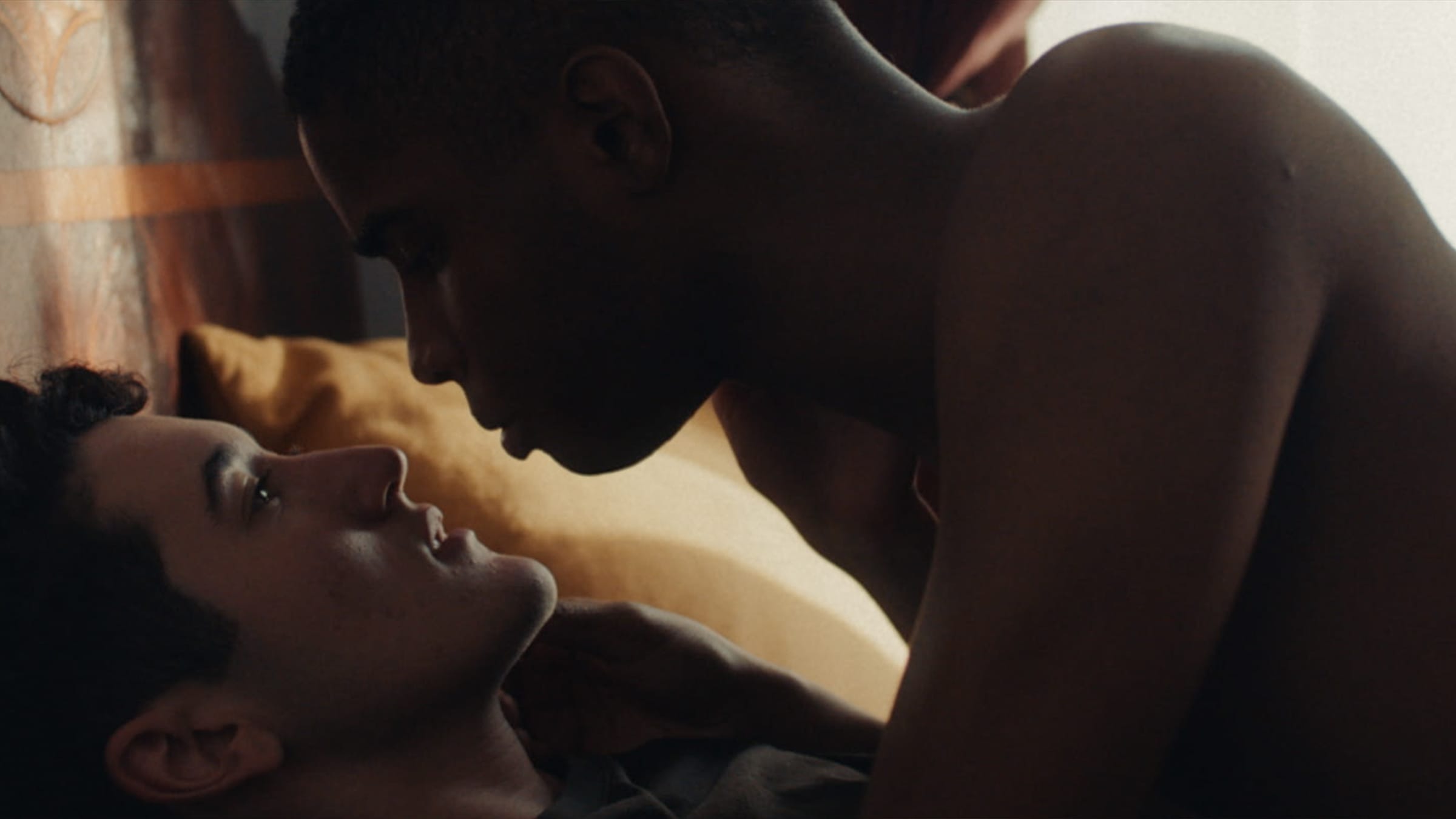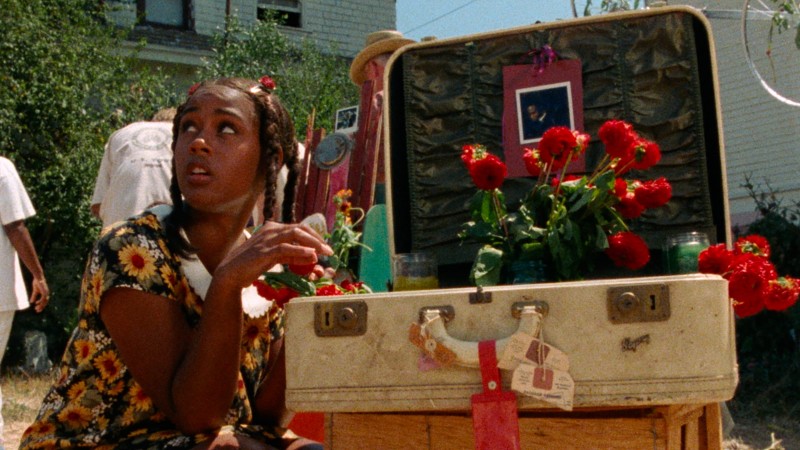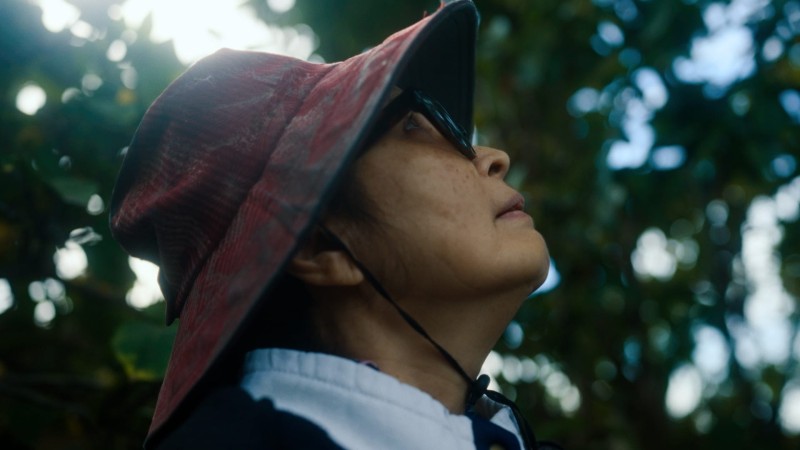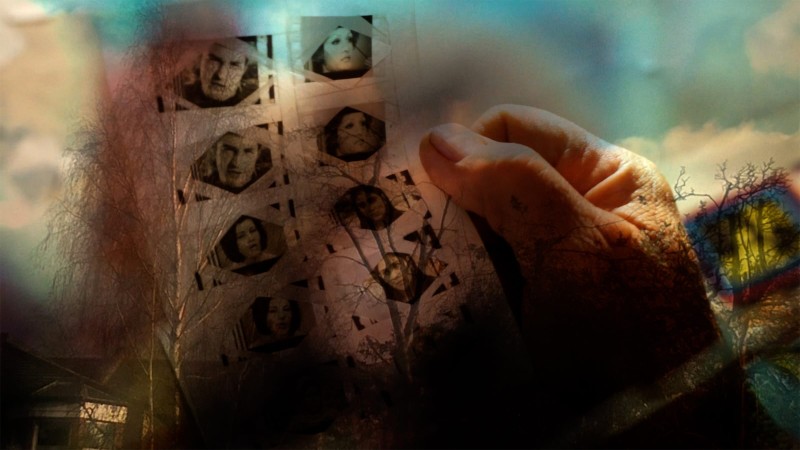Matthew Puccini on Making the Queer Film He Wishes He’d Grown Up With

Despite the preponderance of tales of coming of age and sexual awakening in American independent cinema, it’s still rare to encounter a movie that deals with experiences of intimacy between young LGBT characters in a way that feels honest, candid, and tender rather than tragic and traumatic. When I served on the short-film jury at this year’s (sadly canceled) SXSW, I was excited to see Matthew Puccini’s Dirty, which tackles the story of a disappointing first sexual experience between two queer high school students (played by Morgan Sullivan and Manny Dunn) without shying away from the explicit nature of its subject while also landing on a note of sensitivity and humanism. With the help of nuanced performances from his leads and beautiful handheld cinematography, the director, who is twenty-seven, set out to make the kind of queer film he would have wanted to see in his teenage years. I talked with him recently about the making of the film and some of the movies that have influenced him, including Andrew Haigh’s Weekend, which is paired with Dirty for this week’s short-and-feature program on the Criterion Channel.
Tell me about what led you to make Dirty.
Growing up, even in a pretty liberal area in California, I don’t think I ever saw queer sex represented on-screen, outside of porn. So much of my sexual education happened through gay porn, which is still extremely white—and hairless and spotless and pleasurable for both partners from start to finish. I remember walking into my own first sexual experiences with other men in college and feeling a particular shame, even disappointment, when they didn’t go the same way. It felt exciting, and like wish fulfillment, to create a film where queer sex is portrayed positively but also honestly, and where I also explore that shame and what happens to it when it’s met with kindness rather than with the expected disgust or rejection.
Your work in the past has usually dealt with queer experiences. Have you been influenced by specific queer filmmakers and stories?
I’ve definitely been inspired by gay filmmakers like Ira Sachs and Andrew Haigh, but also by Lynne Ramsay, John Cassavetes, and more recently Hirokazu Kore-eda and Joanna Hogg—filmmakers who present contemporary life with a lot of restraint and leave room for ambiguity and the intelligence of their audiences. You’re never being hit over the head with what you’re supposed to feel; you’re often just being made privy to these very incisive observations of relationships. Keep the Lights On and Weekend were revelations for me because they showed that the type of quiet human drama I love could be made about queer characters. It feels so obvious now, but at the time so much of the representation I saw was either high camp or deeply tragic.
When I was on the SXSW jury that gave Dirty an award for acting, what struck me about the performances was their authenticity and naturalism. Can you talk about casting your two leads? Was it important to you to cast queer actors?
I worked with a casting director named Freya Krasnow, whom I’d also collaborated with on my two previous short films. We started the process in the traditional way, putting together lists and reaching out to more established actors. But I think there was always a nagging feeling that for a short like this, where you want it to feel so real, having a recognizable face on-screen would take away from the story. So we posted on Backstage on a whim, and Morgan and Manny were truly the only two candidates we ever brought in. They just seemed to have this innate understanding of the material and were somehow able to create this feeling of intimacy, even against a blank wall with their iPhones. And when they were in the room together for the chemistry read, they nailed it right away. I remember having them step out of the room for a second and turning to Freya with this big, wide-eyed grin on my face. It’s such a thrill when you find the right actors, because up until that point I’m always terrified that I’m not going to be able to find them in time.
It was important to me to work with queer actors. Many other people have articulated this more intelligently, but I do think there is an additional layer of authenticity that comes from having queer actors in queer roles. It meant that Morgan and Manny were able to infuse some of their personal experience into what I’d written, and I think that’s why the relationship and the performances feel so real. I was lucky that they both were very open from the beginning. I think, as queer people themselves, they felt particularly invested in telling this story well and in advocating for the dignity of their characters.





